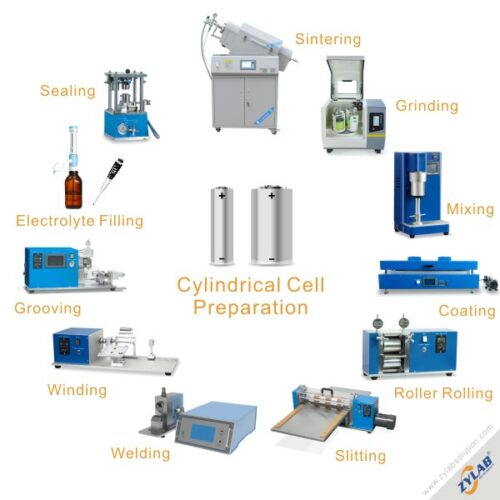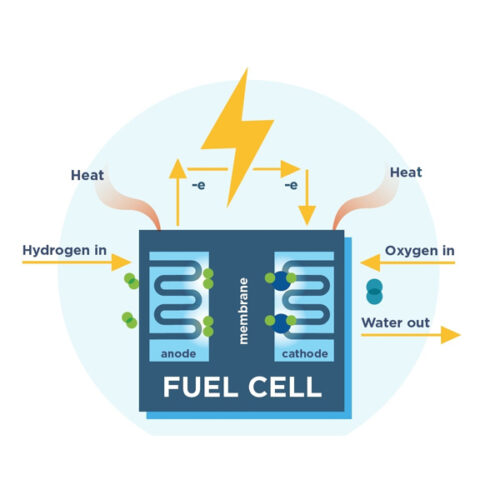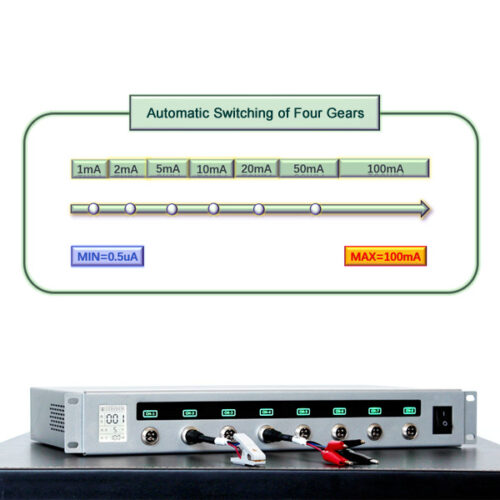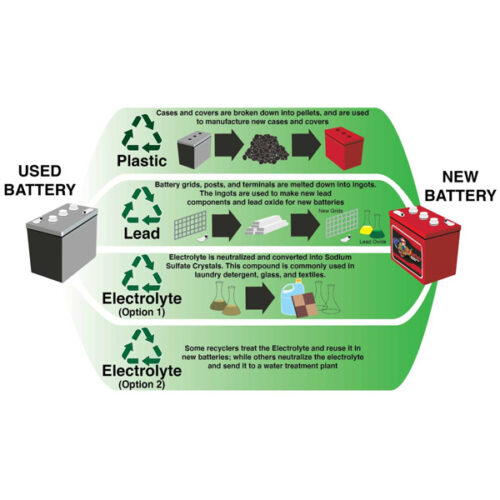Battery R&D
Battery research and development (R&D) is a crucial area of study, especially in the context of advancing technology and the growing demand for energy storage solutions. Here are some key aspects of battery R&D:
- Materials Research:
- Scientists focus on developing new materials for batteries to enhance their performance, energy density, and lifespan.
- Innovations in cathode and anode materials, electrolytes, and separators contribute to overall battery improvements.
- Energy Density Enhancement:
- Researchers aim to increase the energy density of batteries, allowing them to store more energy in a smaller and lighter package. This is crucial for applications like electric vehicles and portable electronics.
- Safety Improvements:
- Safety is a significant concern, especially with lithium-ion batteries. R&D focuses on developing safer electrolytes, thermal management systems, and designs to prevent issues like overheating and explosions.
- Fast Charging Technology:
- Developing batteries that can be charged quickly without compromising their lifespan is a priority. This involves optimizing charging protocols and improving the structural integrity of battery components.
- Longevity and Cycle Life:
- Extending the lifespan of batteries and increasing the number of charge-discharge cycles they can endure is essential for reducing overall costs and environmental impact.
- Environmental Impact:
- Sustainable and eco-friendly battery technologies are under exploration. This includes developing batteries with fewer toxic materials and exploring recycling methods to minimize environmental impact.
- Solid-State Batteries:
- Solid-state batteries are an emerging technology that aims to replace liquid electrolytes with solid materials. This can potentially lead to safer and more energy-dense batteries.
- Grid-Scale Energy Storage:
- Research is conducted to develop batteries suitable for large-scale energy storage, helping to integrate renewable energy sources into the power grid more effectively.
Advancements in battery technology have a wide range of applications, from powering electric vehicles to enabling renewable energy integration and improving the efficiency of electronic devices.









